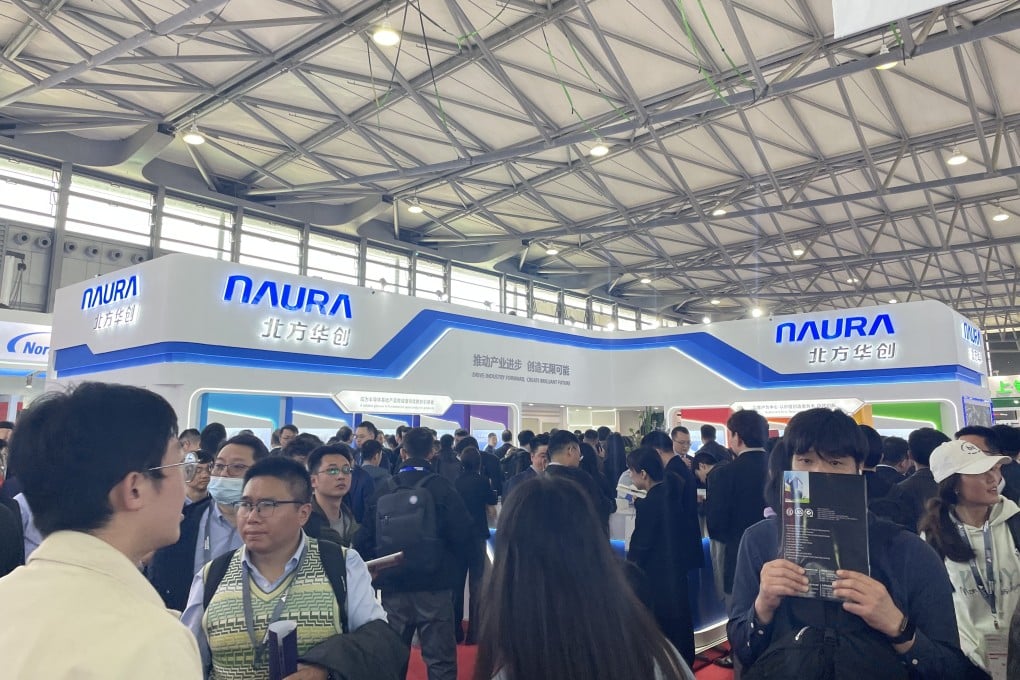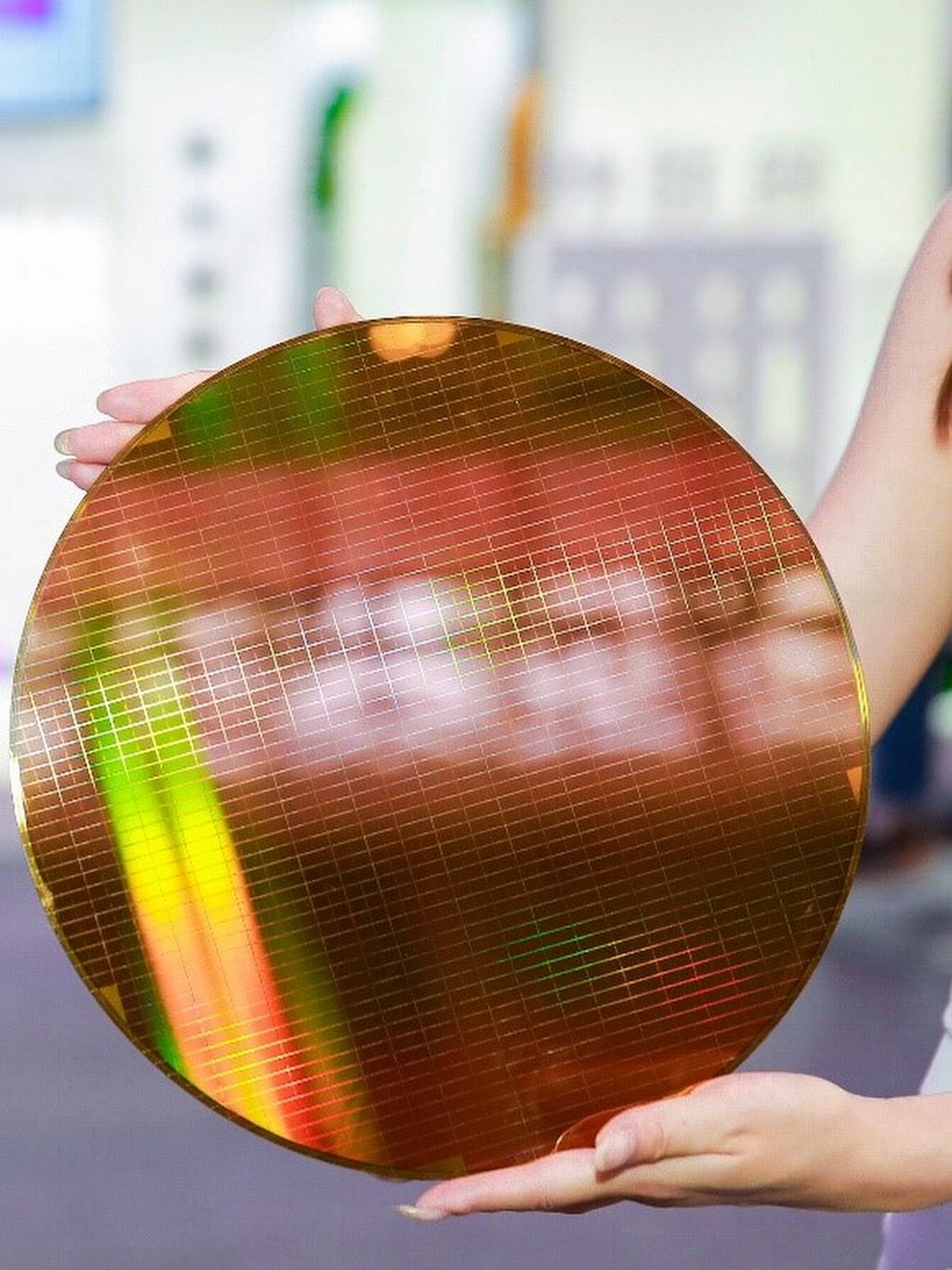TSMC’s move to cut off Chinese chip firms weighs on annual Beijing semiconductor forum
At the 21st China International Semiconductor Expo, industry experts weighed in on the challenges and opportunities ahead in domestic chipmaking

Geopolitics has been one of the key concerns for many at the expo, as China braces for the uncertainty surrounding US policies when Trump returns to the White House for a second presidential term in January. Trump has vowed to increase tariffs on China-made goods by 60 per cent.

He Weiwei, co-founder and general manager at BASiC Semiconductor, said during a panel at the Expo on Tuesday that the company has poured an extra 20 million yuan to 30 million yuan (US$2.8 million to US$4.1 million) into developing manufacturing facilities and materials in mainland China over fears that US sanctions could cut off supplies.
“This is a huge burden for a start-up like us,” He said. “We used to buy US materials and have the chips manufactured in Taiwan, and then ship them back to mainland China for packaging.”
